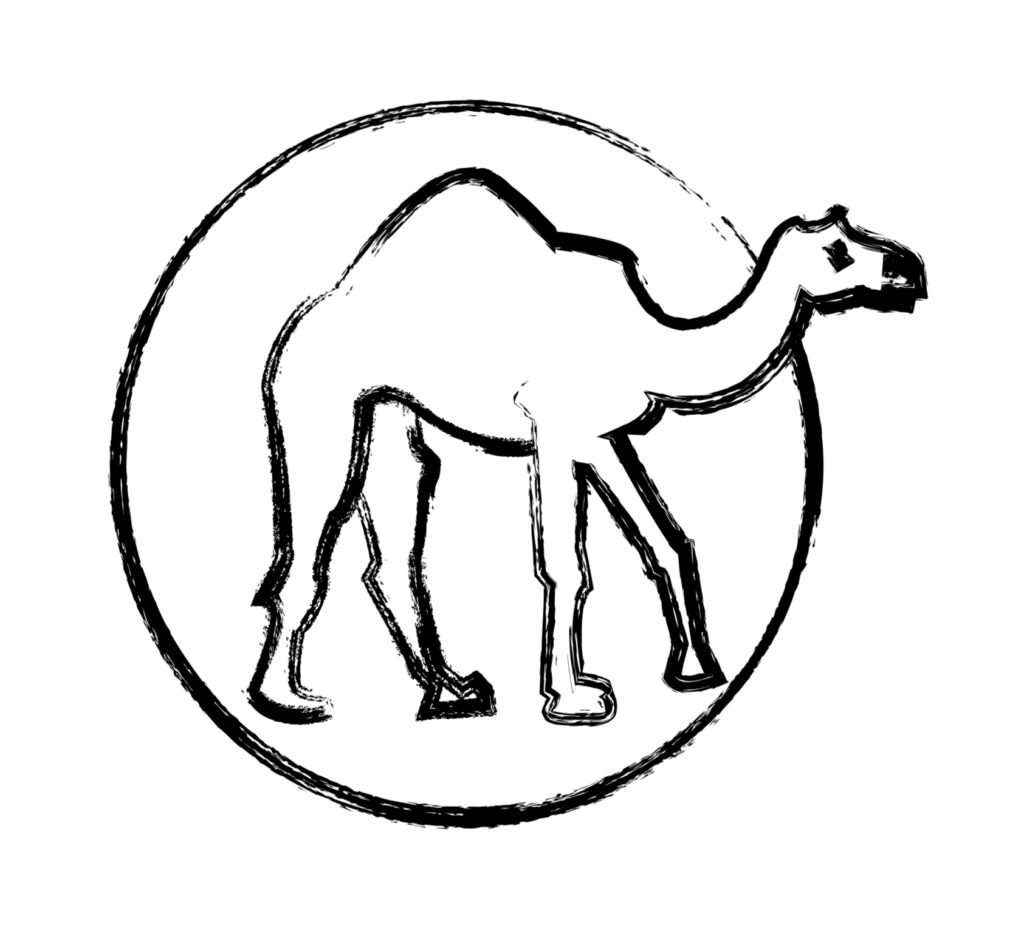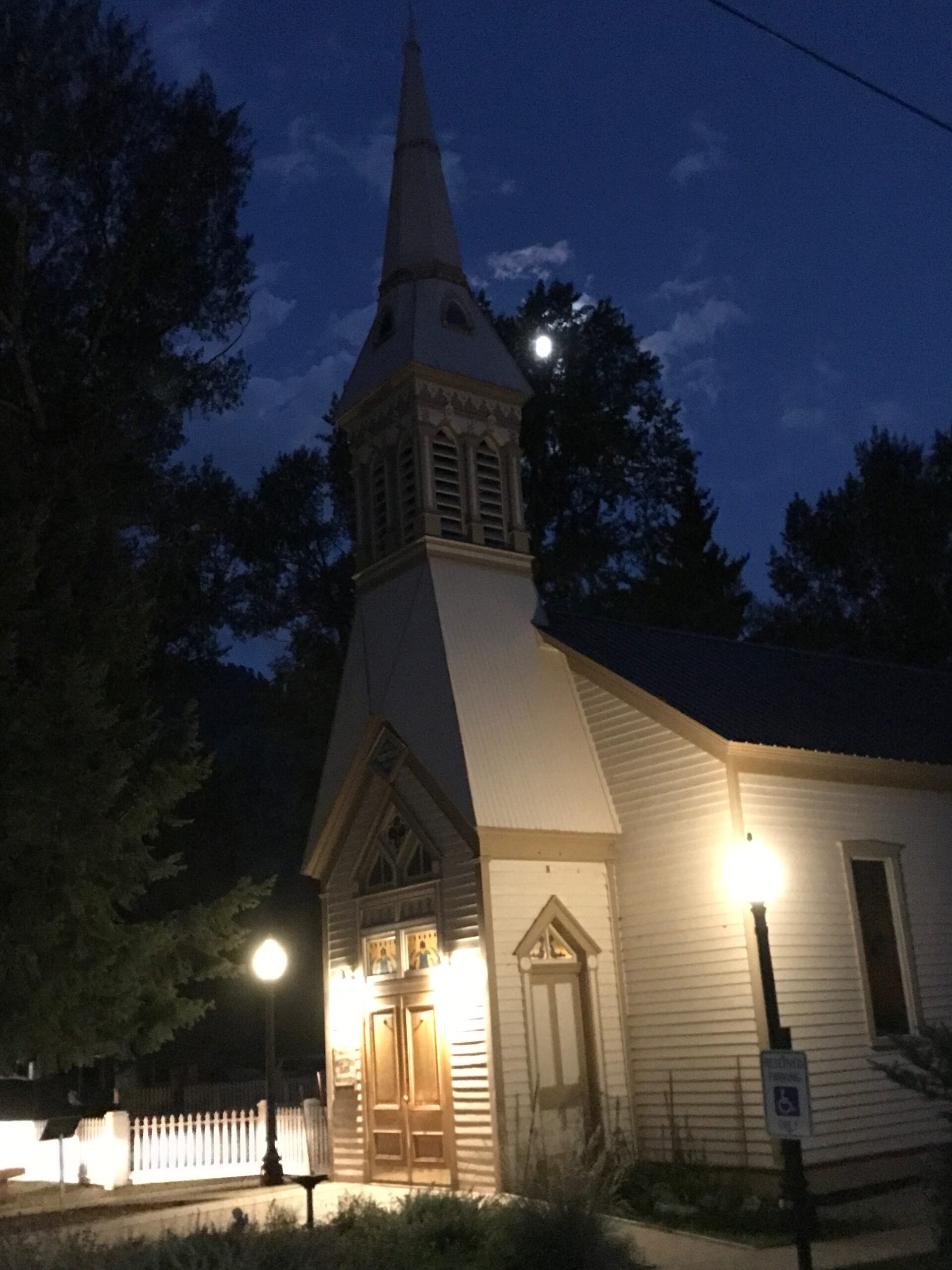
Genesis 12:1-9
Now the LORD said to Abram, “Go from your country and your kindred and your father’s house to the land that I will show you. I will make of you a great nation, and I will bless you, and make your name great, so that you will be a blessing. I will bless those who bless you, and the one who curses you I will curse; and in you all the families of the earth shall be blessed.” So Abram went, as the LORD had told him; and Lot went with him. Abram was seventy-five years old when he departed from Haran. Abram took his wife Sarai and his brother’s son Lot, and all the possessions that they had gathered, and the persons whom they had acquired in Haran; and they set forth to go to the land of Canaan. When they had come to the land of Canaan, Abram passed through the land to the place at Shechem, to the oak of Moreh. At that time the Canaanites were in the land. Then the LORD appeared to Abram, and said, “To your offspring I will give this land.” So he built there an altar to the LORD, who had appeared to him. From there he moved on to the hill country on the east of Bethel, and pitched his tent, with Bethel on the west and Ai on the east; and there he built an altar to the LORD and invoked the name of the LORD. And Abram journeyed on by stages toward the Negeb.
Genesis 17
When Abram was ninety-nine years old, the Lord appeared to Abram and said to him, “I am God Almighty; walk before me, and be blameless. And I will make my covenant between me and you and will make you exceedingly numerous.” Then Abram fell on his face, and God said to him, “As for me, this is my covenant with you: You shall be the ancestor of a multitude of nations. No longer shall your name be Abram, but your name shall be Abraham, for I have made you the ancestor of a multitude of nations. I will make you exceedingly fruitful, and I will make nations of you, and kings shall come from you. I will establish my covenant between me and you and your offspring after you throughout their generations, for an everlasting covenant, to be God to you and to your offspring after you. And I will give to you and to your offspring after you the land where you are now an alien, all the land of Canaan, for a perpetual holding, and I will be their God.”
God said to Abraham, “As for you, you shall keep my covenant, you and your offspring after you throughout their generations. This is my covenant, which you shall keep, between me and you and your offspring after you: Every male among you shall be circumcised. You shall circumcise the flesh of your foreskins, and it shall be a sign of the covenant between me and you. Throughout your generations every male among you shall be circumcised when he is eight days old, including the slave born in your house and the one bought with your money from any foreigner who is not of your offspring. Both the slave born in your house and the one bought with your money must be circumcised. So shall my covenant be in your flesh an everlasting covenant. Any uncircumcised male who is not circumcised in the flesh of his foreskin shall be cut off from his people; he has broken my covenant.”
God said to Abraham, “As for Sarai your wife, you shall not call her Sarai, but Sarah shall be her name. I will bless her and also give you a son by her. I will bless her, and she shall give rise to nations; kings of peoples shall come from her.” Then Abraham fell on his face and laughed and said to himself, “Can a child be born to a man who is a hundred years old? Can Sarah, who is ninety years old, bear a child?” And Abraham said to God, “O that Ishmael might live in your sight!” God said, “No, but your wife Sarah shall bear you a son, and you shall name him Isaac. I will establish my covenant with him as an everlasting covenant for his offspring after him. As for Ishmael, I have heard you; I will bless him and make him fruitful and exceedingly numerous; he shall be the father of twelve princes, and I will make him a great nation. But my covenant I will establish with Isaac, whom Sarah shall bear to you at this season next year.” And when he had finished talking with him, God went up from Abraham.
Then Abraham took his son Ishmael and all the slaves born in his house or bought with his money, every male among the men of Abraham’s house, and he circumcised the flesh of their foreskins that very day, as God had said to him. Abraham was ninety-nine years old when he was circumcised in the flesh of his foreskin. And his son Ishmael was thirteen years old when he was circumcised in the flesh of his foreskin. That very day Abraham and his son Ishmael were circumcised, and all the men of his house, slaves born in the house and those bought with money from a foreigner, were circumcised with him.
Reflection
Wow… talk about a lot of fodder for reflection in these two passages. In the first narrative from Genesis 12, we have Abraham’s calling story. Yahweh saw that things weren’t going well on earth and decided to intervene. He interacts directly with some random guy named Abram and makes a promise to him on the condition that he leave everything behind. So Abram obeys. He travels to Canaan, the land that God would eventually establish as the nation of Israel.
In chapter 17, we find two very important narratives. First, God’s covenant with a specific people. The two preceding covenants were with humanity as a whole. The first was with Adam and Eve (the Adamic Covenant) and the second was with Noah and his offspring (the Noahic Covenant). These first two covenants were about being fruitful (cultivating the earth), multiplying (producing offspring), and filling the earth (spreading and growing as a human civilization). In this passage, however, God is picking one line of people, that will all stem from one man–Abraham (who’s name was changed in this passage as well). The Abrahamic Covenant is really the beginning of God’s direct intervention to reconcile humanity unto himself. As this story unfolds, we’ll see God returning to this covenant made with Abraham. Even for us today, this covenant is significant, because it marks the place in history when God steps in. God promises Abraham three things: 1) to make his name great, 2) to give him countless descendants, and to give him a land (Canaan). In return, however, God asks for something.
This brings us to the second narrative. To mark the occasion of this covenant, God asks Abraham to participate in a new practice that would act as a sign of the covenant–circumcision. That’s right, Survey Says… top answer for the category: Things Church People Avoid Talking About. Yet, there it is. It’s a strange request in my opinion, but nonetheless it’s the way God chose to mark his people. This ritual would accompany the Israelites throughout the history of their people.
In the Christian tradition, we believe that when Christ died on the cross and rose again three days later, that the requirements of the Abrahamic Covenant were no longer needed. Furthermore, we believe that the “sign” of the New Covenant (Jeremiah 31) was baptism. No longer was the covenant between God and Israel marked by circumcision, because God’s Spirit would mark us in our hearts and signify this mark through the visible practice found in the sacrament of Baptism. In the end, we become Abraham’s “offspring” through our relationship with Christ Jesus and our confession that he is the Savior of the world.
